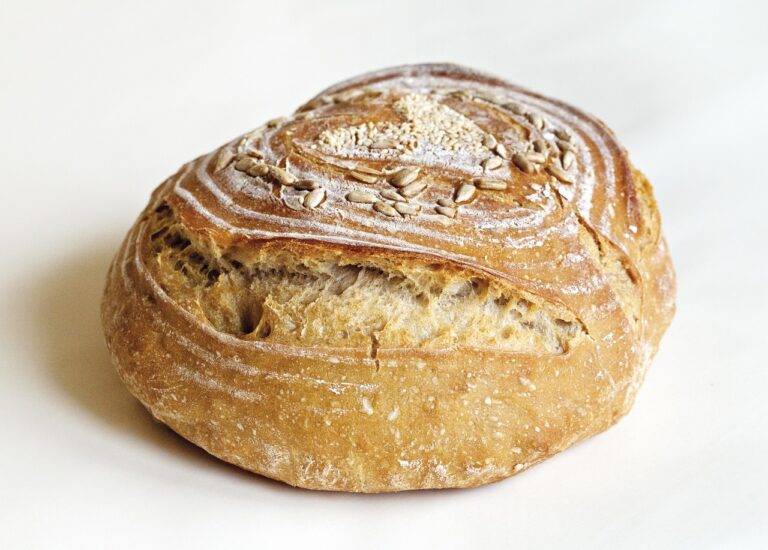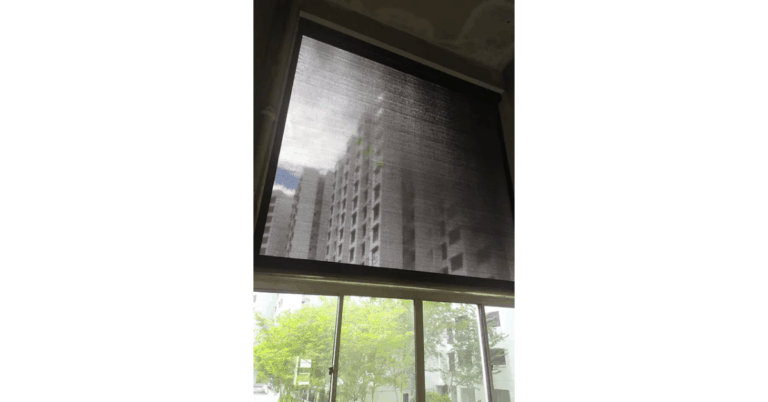How to Choose the Right Flooring for Your Kitchen: From Hardwood to Tile Options
When selecting flooring for your kitchen, it is important to consider both practical and aesthetic factors. One important consideration is the level of foot traffic the kitchen receives. Kitchens are high-traffic areas, so choosing a durable flooring material that can withstand the wear and tear is crucial. Additionally, think about the maintenance and cleaning requirements of different flooring options. Some materials may require more frequent and specialized cleaning, which can be time-consuming and costly in the long run.
Another factor to consider is the style and design aesthetic you want to achieve in your kitchen. The flooring sets the tone for the overall look and feel of the space, so it is essential to choose a material that complements the existing decor or the design scheme you have in mind. Think about the color, texture, and pattern of the flooring in relation to the cabinets, countertops, and other elements in the kitchen. Ensuring that the flooring harmonizes with the rest of the space can create a cohesive and visually appealing kitchen environment.
Material Options for Kitchen Flooring
When it comes to selecting the right flooring material for your kitchen, there are numerous options available to suit various preferences and budgets. One popular choice is ceramic tile, which offers durability, low maintenance, and a wide range of styles to complement your kitchen’s aesthetic. Its water and stain resistance properties make it a practical option for a space that frequently encounters spills and heavy foot traffic.
Another common material for kitchen flooring is vinyl, known for its affordability, easy installation, and resilient nature. Vinyl flooring comes in various designs, from tiles to planks, and is comfortable underfoot due to its cushioned texture. It provides a cost-effective solution for homeowners seeking a versatile and long-lasting flooring option for their kitchen.
Pros and Cons of Hardwood Flooring in the Kitchen
Hardwood flooring in the kitchen brings a warm and inviting aesthetic that can elevate the overall look of the space. It adds a timeless elegance and can increase the resale value of the home. On the flip side, hardwood is susceptible to water damage and scratches. It requires regular maintenance and refinishing to keep it looking its best.
In terms of durability, hardwood flooring is known for its strength and longevity. It can withstand heavy foot traffic and is relatively easy to clean. However, it is more prone to dents and dings compared to other flooring materials like tile or vinyl. Additionally, hardwood flooring can be more expensive upfront than some other options, which is something to consider when budgeting for a kitchen renovation.







